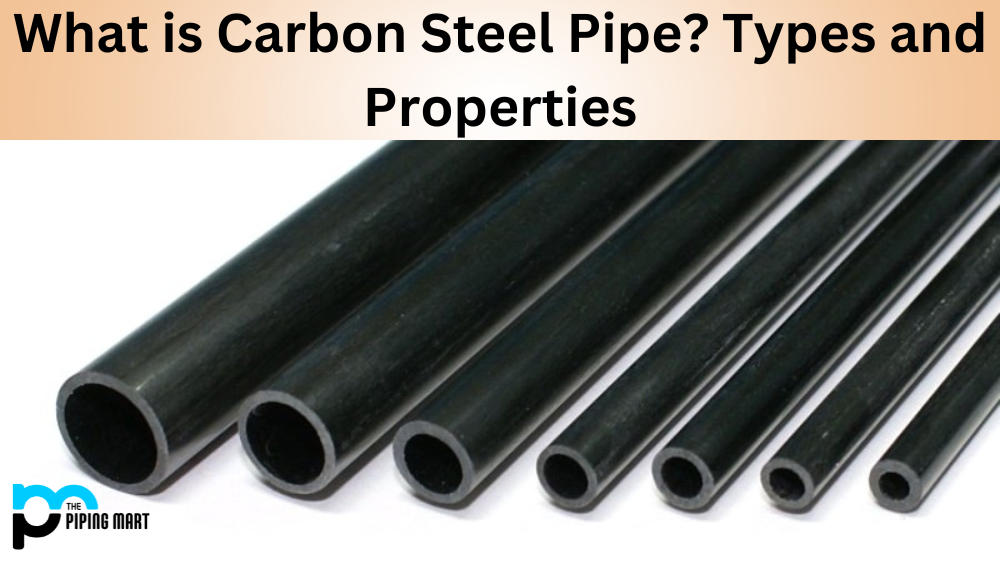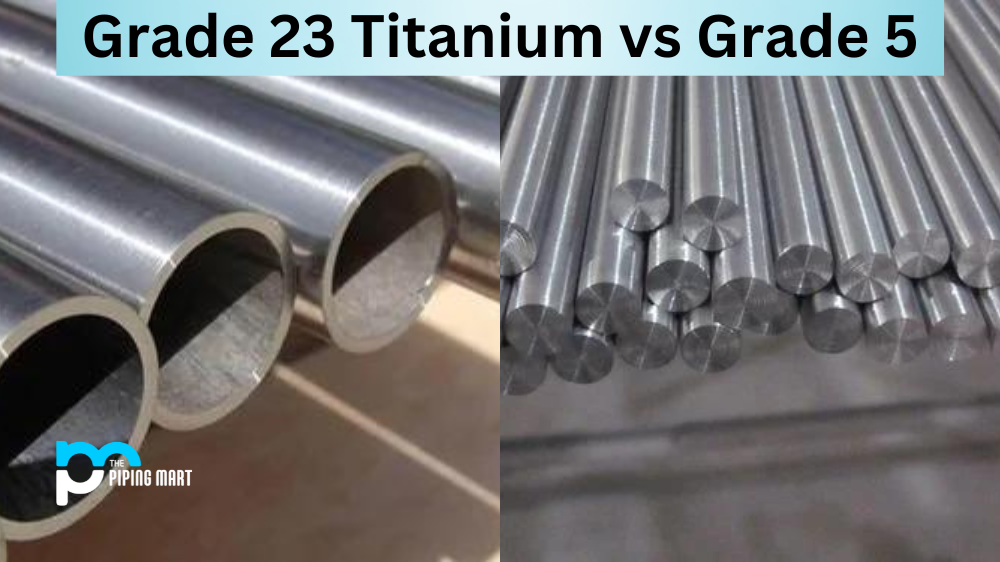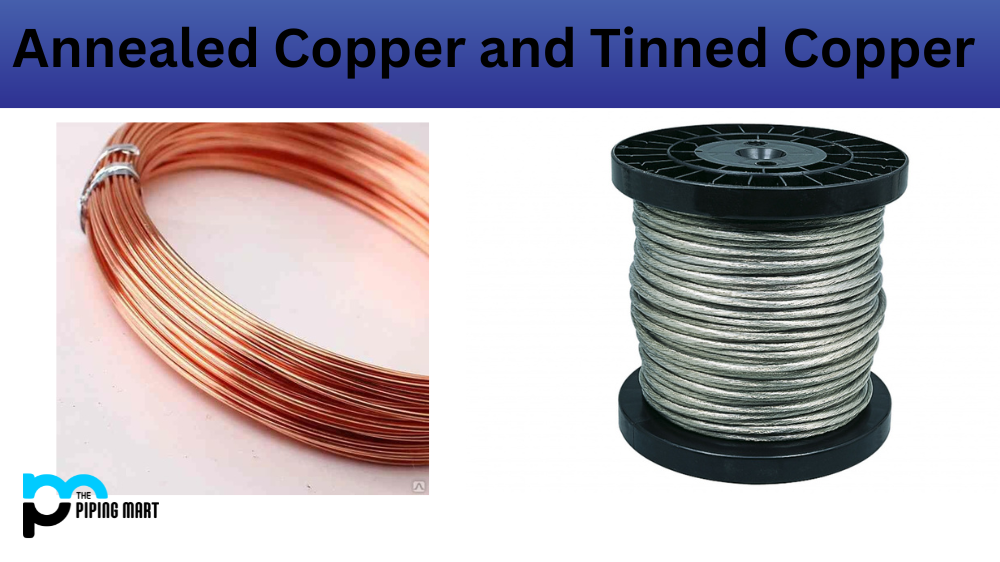Carbon steel pipe is one of the most reliable and durable types of pipe used for many industrial applications. It’s strong yet lightweight and can be used to transport liquids, gases, and solids. In this blog post, we’ll look at what carbon steel pipe is, its properties, and how it works. We’ll also discuss the density of carbon steel pipe in kg/m3 as well as the cs pipe weight calculation formula in kg.
What is Carbon Steel Pipe?
Carbon steel pipe is a type of pipe that consists mainly of iron with small amounts of carbon added to it. It is one of the most commonly used types of pipes because it has several benefits over other materials such as stainless steel or PVC. Carbon steel pipes are strong, durable, and corrosion-resistant. They are also very cost-effective since they are much cheaper than other types of pipes. Plus, they are easy to install since they do not require any special tools or skills.
Carbon Steel Pipe Composition
Carbon steel pipes are essential for many industries and applications, from oil and gas to construction. But have you ever stopped to wonder about the composition of these pipes? Carbon steel pipes are made by combining iron and carbon, with trace amounts of other elements such as manganese and silicon. The amount of carbon in the steel determines its strength and hardness, with higher carbon content resulting in stronger and harder pipes. This composition is what makes carbon steel pipes durable and able to withstand high-pressure environments, making them a reliable choice for a variety of applications.
Carbon Steel Pipe Properties
Carbon steel pipes have several physical properties that make them well suited for many different applications. First, they are extremely strong and resistant to pressure. Second, they have good thermal conductivity which makes them suitable for carrying hot liquids like oil or steam. Third, they do not corrode easily so they can be used outdoors in harsh conditions without fear of rusting or wearing down quickly. Finally, carbon steel pipes can withstand high temperatures without becoming brittle or cracking which makes them ideal for power plants and other industrial facilities where heat is a factor.
- Carbon steel pipe is made from an alloy of carbon and iron.
- Carbon steel pipe is strong and durable, making it ideal for a variety of industrial applications.
- Carbon steel pipe is available in a wide range of sizes and can be custom-cut to meet your needs.
- Carbon steel pipe is easy to weld, making it ideal for use in a variety of industries, including automotive, construction, and manufacturing.
- Carbon steel pipe can be used for a variety of applications, including transporting oil and gas, as well as being used in the construction of buildings and bridges.
Physical Properties
Carbon steel pipes are a fundamental component of many industrial processes, and understanding their physical properties is crucial for ensuring optimal performance. Carbon steel is an alloy consisting primarily of iron and carbon, and it is known for its strength and durability. In addition to its resilience, carbon steel is also relatively easy to work with and has a high resistance to wear and tear. The physical properties of carbon steel pipes are impacted by factors such as temperature, pressure, and the refractive index of the material. By carefully analyzing and manipulating these properties, manufacturers and engineers can design pipes that can withstand extreme conditions and perform reliably for years to come.
Mechanical Properties
Carbon steel pipes are an essential part of various industries, from manufacturing to construction. Though carbon steel pipes are known for their strength and durability, their mechanical properties play a crucial role in determining the efficacy of the pipes in different settings. The mechanical properties of carbon steel pipes are critical to understanding their strength, ductility, and toughness, all of which make them an excellent choice for heavy-duty applications. The mechanical properties of carbon steel pipes are dependent on various factors, including the level of carbon content, heat treatment, and chemical composition. Understanding these properties is crucial for ensuring safe and effective usage of carbon steel pipes. Overall, the mechanical properties of carbon steel pipes play a vital role in their overall performance and durability.
Types of Carbon Steel Pipe
Carbon Steel Seamless Pipe-
This is one of the most popular carbon steel pipes due to its durability and strength. It’s made with seamless technology, which involves heating and forming metal without any welding points or seams. This means that it’s extremely strong in comparison to other welded pipes. It’s also corrosion-resistant, making it ideal for applications where moisture is present.
Carbon Steel Welded Pipe-
This type of pipe is created by welding two pieces together to create a longer piece without seams. It’s not quite as strong as seamless pipe, but it can still be used in many applications thanks to its low cost and ability to be bent or formed into various shapes.
Galvanized Carbon Steel Pipe-
This type of pipe has been treated with a protective coating that helps prevent rusting and corrosion over time. It’s often used for outdoor applications since it can withstand exposure to weather elements better than untreated pipes can. It’s also more resistant to heat than regular carbon steel pipes, so it may be a better option for applications that require high temperatures or regular exposure to hot liquids or gases.
A106 Grade B Seamless Carbon Steel Pipes-
These pipes are commonly used in plumbing applications such as water lines, irrigation systems, and fire sprinkler systems, thanks to their resistance to corrosion from water and other liquids they may come into contact with. They’re also strong enough to handle pressure up to 1MPa (10 bar). They’re also perfect for piping natural gas because they contain fewer impurities than other types of steel pipe, making them safer for these types of uses.
Low Carbon Steel Pipes-
Low carbon steel pipes are made from a variety of materials, including iron, carbon, and manganese. These types of pipes are relatively inexpensive and are often used in low-pressure applications such as the transportation of oil, gas, and water. Low carbon steel pipes are also used in the construction industry for a variety of purposes, including scaffolding and pipe supports.
Medium Carbon Steel Pipes-
Medium carbon steel pipes are made from materials that contain higher levels of carbon than low carbon steel pipes. These types of pipes are more expensive but are also stronger and more durable. Medium carbon steel pipes are often used in high-pressure applications such as the transportation of natural gas and oil.
High Carbon Steel Pipes-
High carbon steel pipes are made from materials that contain even higher levels of carbon than medium carbon steel pipes. These types of pipes are the strongest and most durable but are also the most expensive. High carbon steel pipes are often used in very high-pressure applications such as steam lines and pressure vessels.
Alloy Steel Pipes-
Alloy steel pipes are made from a variety of materials, including iron, carbon, manganese, chromium, molybdenum, and vanadium. These types of pipes are stronger and more durable than other types of steel pipes but are also more expensive. Alloy steel pipes are often used in high-temperature or high-pressure applications such as boiler tubes and piping systems.
Stainless Steel Pipes-
Stainless steel pipes are made from a variety of materials, including iron, chromium, nickel, and molybdenum. These types of pipes are resistant to corrosion and can be used in high-temperature or high-pressure applications such as the transportation of chemicals or food products
Density Of Carbon Steel Pipe In Kg/M3
The density of carbon steel pipe in kg/m3 depends on the size and thickness of the pipe but generally falls between 7800 – 8000 kg/m3 . This means that carbon steel pipes are heavier than other types of piping materials like PVC or stainless steel but lighter than cast iron or copper piping materials .
CS Pipe Weight Calculation Formula (Kg)
The weight calculation formula for carbon steel pipes in kg is
(π x d2)/4 x t where d = diameter (mm) and t = wall thickness (mm).
For example if you have a 100 mm diameter pipe with a wall thickness of 5 mm then your calculation would be ( 3 x 1002 ) / 4 x 5 = 75 kg per meter length .
Conclusion
Carbon steel pipe is an effective and reliable solution for many industrial applications due to its strength, durability, resistance to corrosion, thermal conductivity, low cost ,and ease of installation . It can be used to transport liquids , gases ,and solids efficiently while maintaining the integrity of its structure . Additionally ,the density of carbon steel pipes in kg/ m3 as well as its weight calculation formula in kg helps engineers accurately estimate how much material will be needed for their projects . With these factors taken into account ,carbon steel piping provides an excellent solution for a variety of needs .

Pipingmart is B2B portal specializes in industrial, metal and piping products. Also, share latest information and news related to products, materials and different types grades to help business dealing in this industry.




